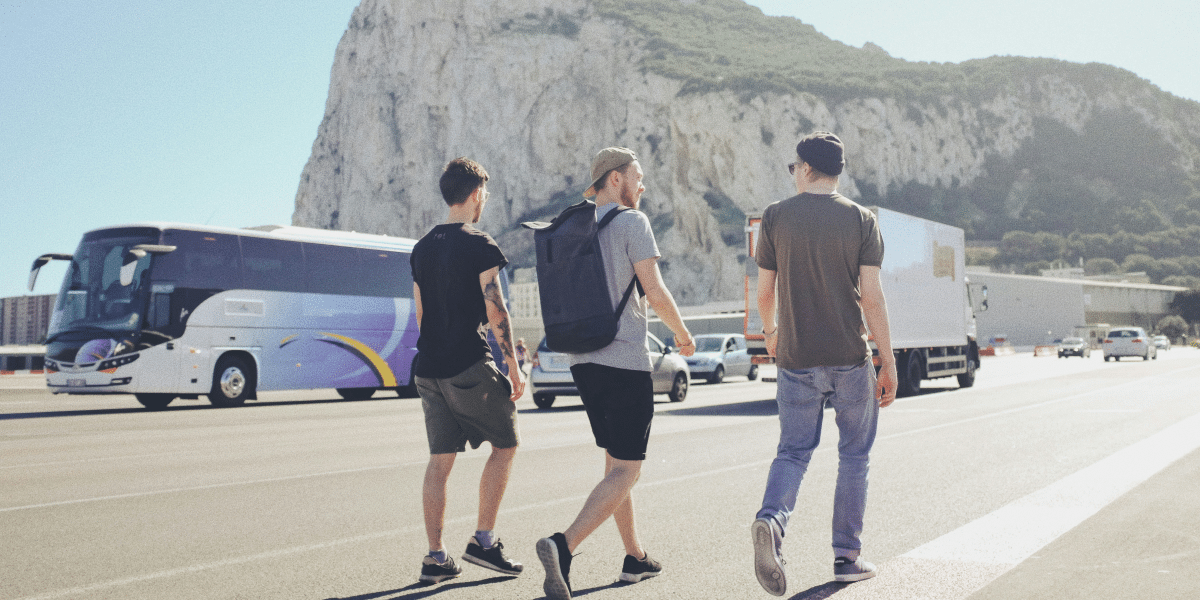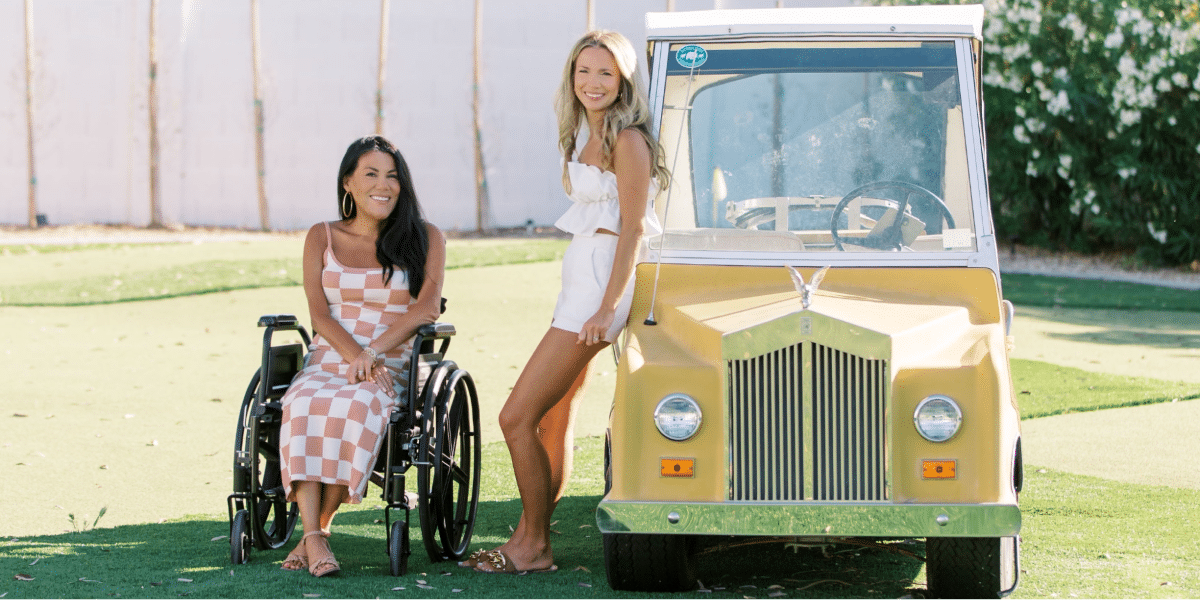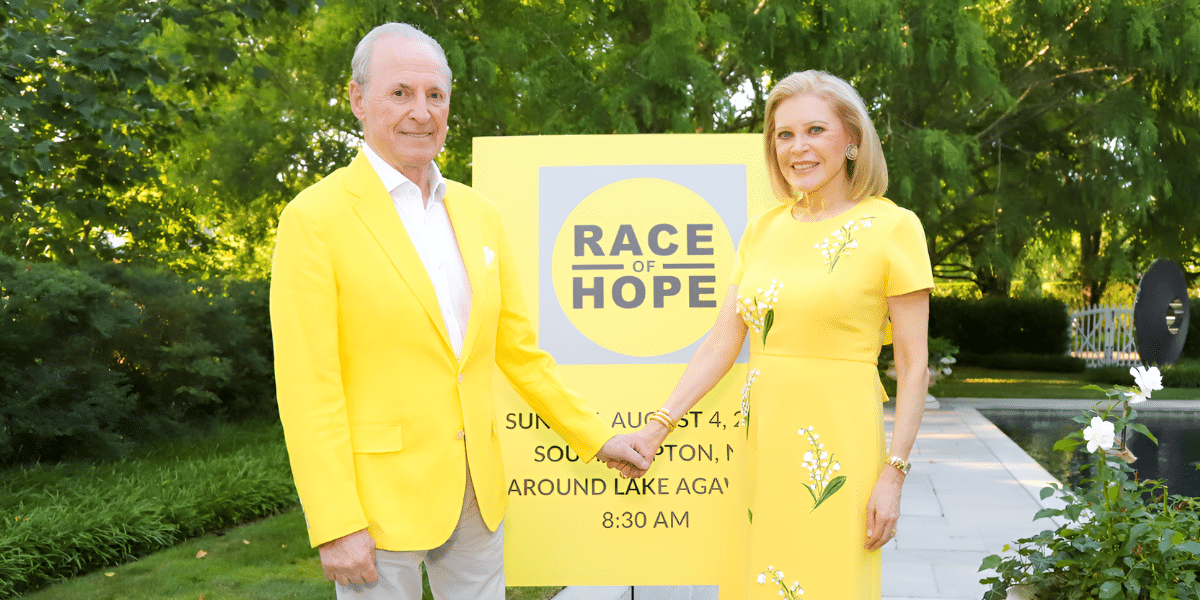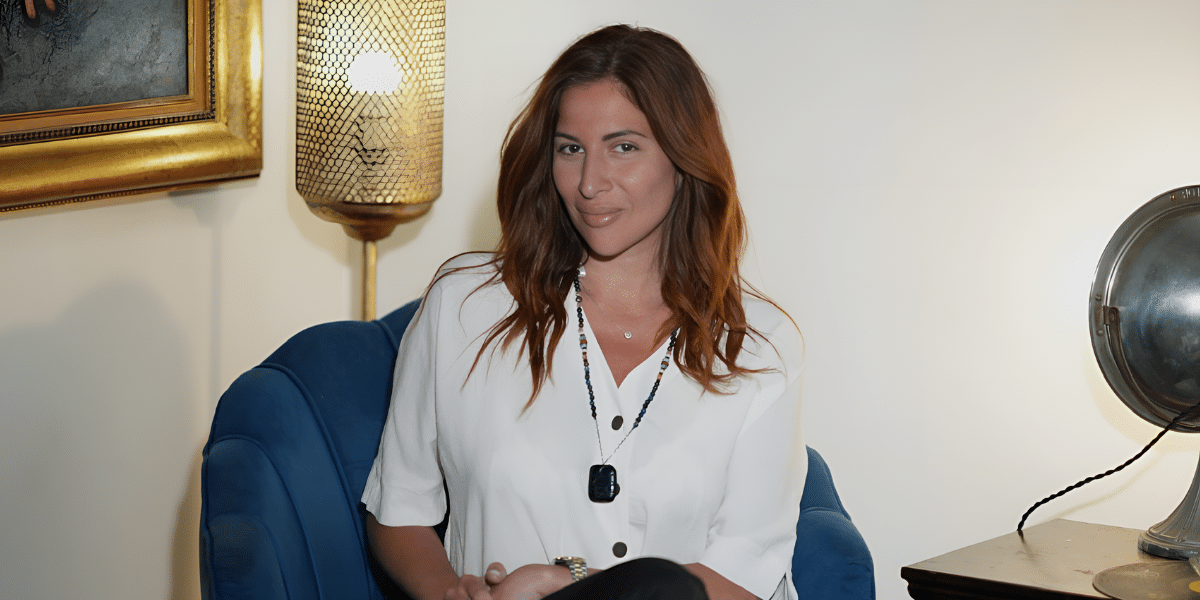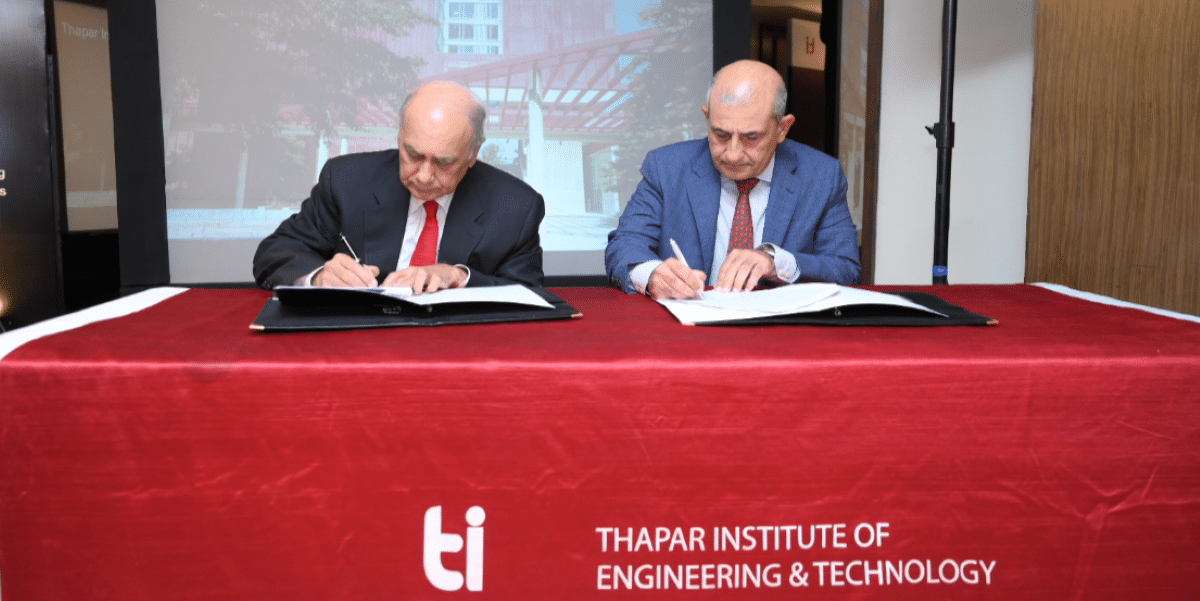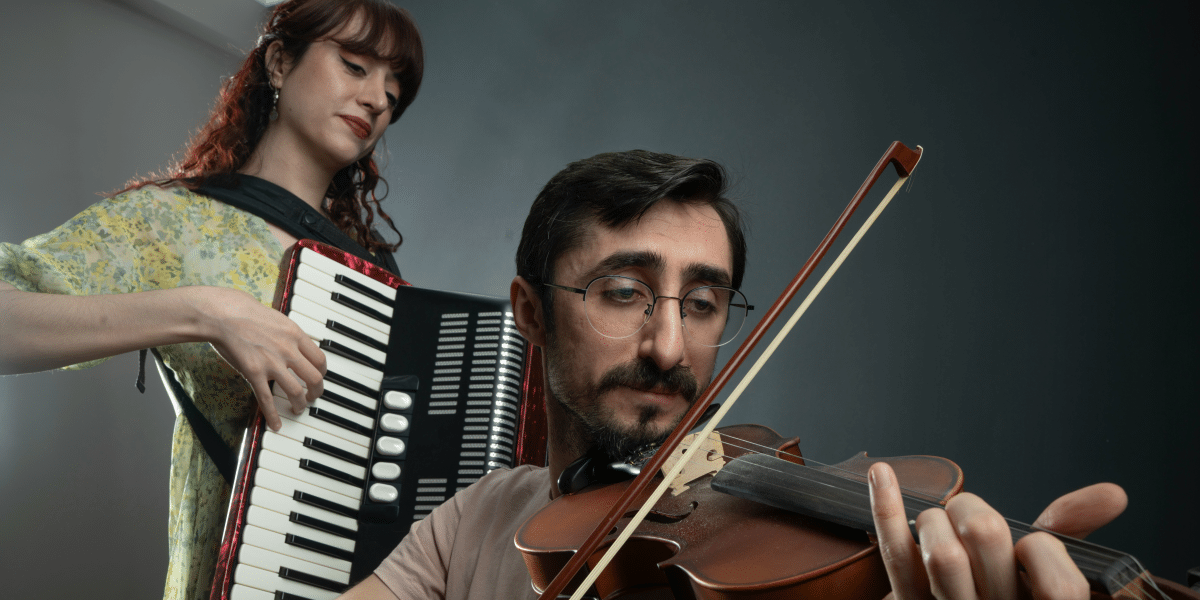Image commercially licensed from: Unsplash
In the serene and often ordered world of the U.S. Navy, the bonds forged amidst the vast ocean or during high-stake drills are as unyielding as the strongest anchor. However, as the rhythmic cadence of military life gives way to the often unpredictable ebb and flow of civilian existence, many veterans, particularly those with disabilities, find themselves facing new challenges, frequently without their age-old support system. Transitioning out of service, where roles are clearly defined, into a life where paths can be more ambiguous leaves many seeking familiar ground. Peer support has emerged as an anchoring point, creating spaces where veterans can find their footing again.
For many, the idea of peer support conjures images of informal coffee meet-ups or group therapy sessions. But, as Friedrich Paetow, a renowned expert on veterans’ welfare and military transition, points out, the concept of peer support among disabled Navy veterans extends beyond just emotional support. It’s about helping them reintegrate, finding new purpose, and, most importantly, letting them know they’re not alone. These networks are not just safety nets; they are trampolines, propelling veterans into new chapters of their lives. Indeed, the rise of such support networks is a testament to the broader military principle: leave no one behind.
One of the most notable initiatives where Navy veterans, including firearm instructors, have taken up the mantle of support is the Wounded Warrior Project. This organization recognizes that skills learned in service, like firearm training, can be used to foster camaraderie, trust, and a renewed sense of purpose. Take, for instance, the success story of Lt. James Martinez (as covered by major news outlets). After a debilitating injury during service, Martinez, with the aid of peer support from fellow veterans who were firearm instructors, rechanneled his skills to become a certified firearm safety trainer for civilians. It was a journey from the depths of despair to newfound heights of hope. It wasn’t just about finding a new job; it was about reclaiming his identity and purpose in a world that had seemingly moved on.
Such success stories, however, do not imply that the path to reintegration is without its hurdles. Disabled Navy veterans face unique challenges that can be overwhelming. Public policies have attempted to bridge some of these gaps. The Veterans Access, Choice, and Accountability Act of 2014, for instance, was passed to ensure veterans receive timely healthcare, with provisions tailored for those with disabilities. While it’s a step forward, the emotional landscape is where many veterans find their most significant challenges. But as Paetow aptly notes, “While policies can provide structure and resources, the emotional and personal journey of a disabled veteran is something that’s best navigated with the help of those who’ve walked a similar path.”
This sentiment underscores why peer support is pivotal. Fellow veterans, especially those who’ve experienced the nuances of disabilities, can provide insights, empathy, and guidance unparalleled by any other support system. They understand the intricacies of the VA, the challenge of adapting skills learned in service to civilian roles, and the profound identity shift that comes with transitioning from active duty. Sharing stories, successes, and even failures can provide a roadmap for those navigating this challenging terrain.
Moreover, in the context of firearm instructors, these professionals provide a unique brand of support. Their training in safety, discipline, and meticulous care positions them as beacons of trustworthiness and reliability. When they volunteer their expertise to aid their peers, they offer more than just skill transfer. They create spaces where shared experiences, stories, and challenges become the foundations for renewed purpose and direction. The trust established in service becomes the backbone of these new relationships, ensuring that the support given is genuine and effective.
Highlighting the effectiveness of such a shared skill set in peer support, Paetow recalls a seminar where disabled veterans were introduced to firearm safety by fellow veterans. “The air was thick not just with concentration but with a tangible sense of mutual respect. Here were veterans helping veterans, using shared knowledge to pave the way for personal growth and societal contribution.” Such moments remind us that when one veteran rises, they often lift others with them, illustrating the power of collective resilience and determination.
In conclusion, while public policies, organizations, and initiatives provide much-needed resources and structures, the heartbeat of reintegration for disabled Navy veterans lies in the powerful realm of peer support. The bonds forged during service, strengthened by shared experiences, skills, and challenges, ensure that the brotherhood (and sisterhood) established in the Navy remains unbroken, no matter the trials of civilian life. This eternal bond becomes the North Star for many, guiding them through the uncharted waters of life after service. And in this collective strength, every disabled Navy veteran can find hope, purpose, and an unwavering support system.



